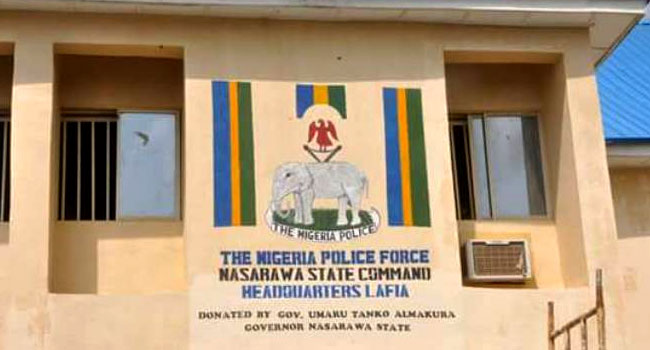A simmering rift has emerged between the Taraba State Staff Verification Committee and the Office of the Accountant General following the submission of a report on the state’s payroll reform, a report Governor Agbu Kefas described as “exhaustive, transparent and courageous.”
The verification committee, inaugurated after concerns over bloated salaries and irregular employment, had earlier disclosed that more than 7,000 names were delisted from the state payroll during a sweeping audit of the civil service.
Presenting its findings in Jalingo, the Committee Chairman, Alhaji Abdulkadir Haruna, said that out of roughly 7,800 workers initially flagged, only 1,410 were cleared after rigorous screening. Those cleared, he said, should be reinstated immediately and paid all outstanding entitlements.
Haruna also reported alarming anomalies, including instances where some civil servants were overpaid by millions of naira in a single month. He said many delisted individuals had no verifiable employment records, no appointment letters, postings, or documentation confirming their engagement with the government.
The committee recommended fast-tracking payroll automation to curb future discrepancies and ensure prompt integration of cleared workers.
But the Accountant General’s office, as observed by The Guardian, had swiftly rejected several aspects of the report, claiming many of the figures and allegations were inaccurate.
In a detailed response, the office said the number of unpaid civil servants was 4,209 according to the committee and 4,049 in the state payroll system, not 7,800 as claimed.
The Accountant General’s office further clarified that judges’ salaries are paid by the National Judicial Council, not the state government, and challenged the committee’s assertion that some retired High Court judges were still on the payroll.
It urged the committee to publicly release any names in question.
The office also dismissed the claim that 1,410 cleared workers were denied payment, saying the delay was due to a directive from the governor for the Auditor General to harmonise the list before final approval. It accused the committee of rushing to submit names for payment before the reconciliation was complete.
On allegations of 7,357 ghost workers, the Accountant General insisted the issue had already been jointly resolved and noted that several names on the payroll had been approved for employment by the governor across various ministries and agencies.
In a separate rebuttal, the office said no worker received an overpayment of over ₦1 million in October 2025, but admitted that in July 2025, an overpayment of N20.4 million was detected across 21 officers, a discrepancy it suggested may indicate collusion between the committee and its consultant.
The response also accused the committee of inconsistencies and “a high level of hypocrisy,” pointing to instances where the committee allegedly cleared employees beyond the number approved by the governor, included deceased persons and retirees in its submissions, and failed to properly investigate employment memos from the Health Services Management Board.
A breakdown of the committee’s submissions, according to the Accountant General, showed only 508 unpaid staff with valid claims, far fewer than the 1,410 the committee reported.
As both sides defend their positions, the state enters a crucial phase of reform aimed at restoring order to its payroll system, strengthening accountability, and rebuilding public trust in government employment processes.






